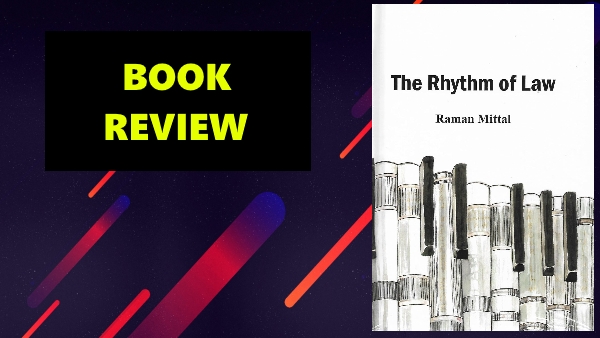Commissioner of Income Tax vs. Gomedalli Lakshminarayan case held that the presence of a Hindu Undivided Family, not the existence of coparcenary, is taken into account for taxation reasons; hence, the family remains a Joint Family, and the assesses’s income should be taxed as the income of the Hindu Undivided Family.
FACTS:
- The Hindu Joint Family of the respondent comprised his father, mother, himself, and his wife.
- His father died in 1929, before the assessment year, leaving him, his mother, and his wife as the Joint Hindu Family, with the property passing to him (sole surviving male member of the Hindu Undivided Family, by rights of survivorship).
ISSUES:
- Whether the income received by the sole surviving male member of a Hindu undivided family under the right of survivorship can be taxed as his income in the hands of such male members, or whether it should be taxed as the income of a Hindu undivided family for assessment to super-tax under section 55 of the Income Tax Act, 1922?
- What is the difference between “Hindu Undivided Family” and “Hindu Coparcenary”?
CONTENTIONS:
Plaintiff’s contention
The assesses is to be assessed as an individual or as a member of a joint Hindu family, such that if he is taxed as the manager of a joint Hindu family, he would be permitted a larger super-tax exemption than if he is taxed as an individual.
Defendant’s contention
A Hindu undivided family is included in the definition of “person” under Section 2(9) of the Income Tax Act, although it is not defined anywhere in the Act.
RATIO DECIDENDI:
Bench: J Beaumont, J Rangnekar
- A joint Hindu family is made up of all lineal descendants of a common ancestor and their wives and unmarried daughters.
- In this sense, an undivided Hindu family varies from a Hindu coparcenary, a considerably narrower body.
- The Hindu coparcenary exclusively comprises male members who inherit an interest in the coparcenary property by birth; this is known as apratibandha day, or unimpeded legacy, which is passed down the generations.
- These are the three generations of uninterrupted male descent from the last holder.
- Unless and until it is shown otherwise, the family is regarded as joint
- Although the property was ancestral, there is a difference between HUF and coparcenary.
- The presence of a Hindu Undivided Family, not the existence of coparcenary, is taken into account for taxation reasons; hence, the family remains a Joint Family, and the assesses’s income should be taxed as the income of the Hindu Undivided Family.
- The Court held that revenue generated through survivorship in the hands of the lone surviving coparcener should be considered HUF income rather than his income.
DECISION:
The court held that the income of the assesses should be taxed as the income of the Hindu undivided family for the Income Tax Act, 1922.
CONCLUSION:
- Unless and until it is shown otherwise, the family is regarded as joint.
- Although the property was ancestral, there is a difference between HUF and coparcenary.
- The presence of a Hindu Undivided Family, not the existence of coparcenary, is taken into account for taxation reasons; hence, the family remains a Joint Family, and the assesses’s income should be taxed as the income of the Hindu Undivided Family.
- The Court held that revenue generated through survivorship in the hands of the lone surviving coparcener should be considered HUF income rather than his income.
Found Commissioner of Income Tax vs. Gomedalli Lakshminarayan case summary useful? We have a bunch of useful topics from Family law that will help you in your preparation here >>> FAMILY LAW
Check out our YouTube Channel for free legal videos >>> LAW PLANET YT





